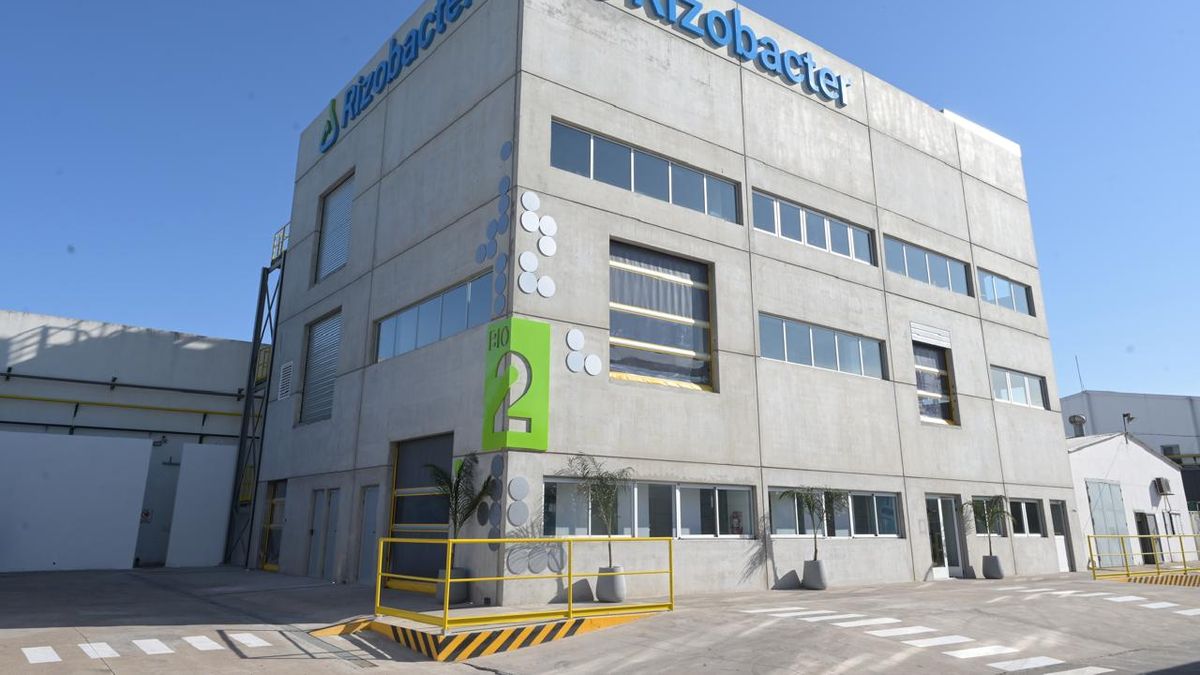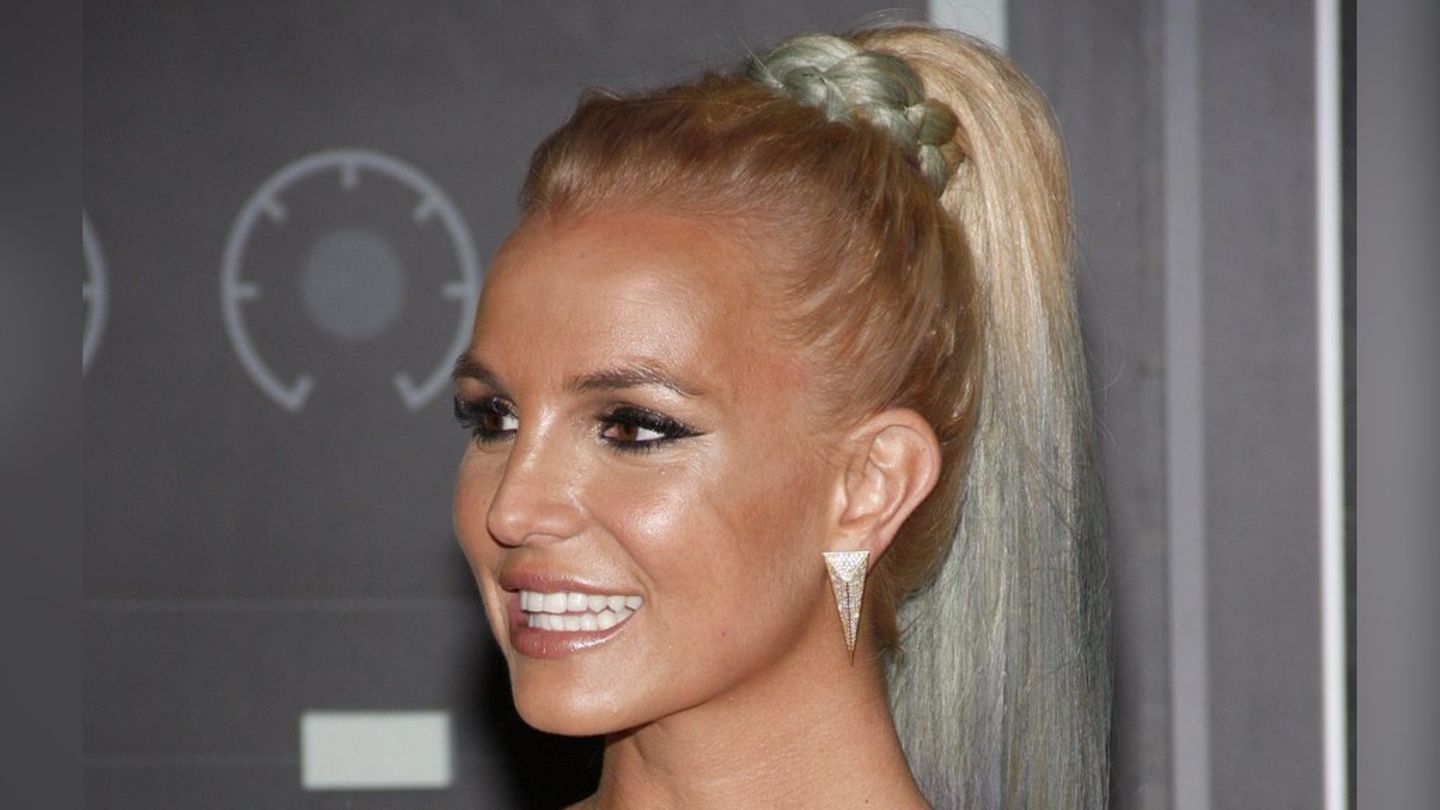In an extremely challenging context for the sector with the epicenter in the situation of Los Grobo, Agofina, Surcos and other firms, the company Rhizobacterone of the leaders in the organic market for agriculture, announced in the last few hours before the National Securities Commission (CNV) its decision to repurchase a portion of its corporate bonds held by investors.
In this case, it was the Series VIII Class A ONs, for a nominal value of US$2,703,052. After the repurchase carried out this Monday, that debt will be canceled by the company. Rizobacter is controlled by Biocereswhich trades on Nasdaq under the ticker BIOX.
consulted by Scopein the company they pointed out that despite the complex context that agriculture is going through in Argentina, It has been a decent year for organic productswhere Rizobacter has an important position. “It is important to keep in mind that in addition to Argentina, where there have been complex situations for the sector, especially for chemical products, we operate in Brazil, Europe and the United States with a diversified portfolio and that atomizes the operational risk,” they stated in the signature.
In the last days The situation of the Los Grobo Group worsened. After the stock market default, various rejections and bounces of the company’s checks became public. Strictly speaking, bad checks were recorded for an amount exceeding $1.8 billion, according to data from the Central Bank of the Argentine Republic (BCRA).
Official records indicate that between January 2 and 6, Los Grobo Agropecuaria presented rejected checks for $1,376 million, while Agrofina, a phytosanitary manufacturing company controlled by the same group, added another $450 million in bad checks.
The Surcos community, another firm in trouble
During the day, communications were also recorded Surcos, one of the first companies in the sector to suspend payment of its debt. Surcos has just defaulted on the cancellation of US$3.5 million and just over $9.3 billion, for that reason the CNV decided a provisional suspension on that company and subsequently an embargo. In any case, in a communication to the CNV this Monday, The firm maintained that “without prejudice to continuing to carry out all the necessary measures to adopt a comprehensive solution that ensures the normal functioning of the company, considering, as has been reported, that the general inhibition of assets and the seizure of bank accounts of the Company, hereby informs that the Company is unable to pay the seventh service payment of the Series X VS Negotiable Obligations, which amounts to the sum of US$69,025.46, whose maturity was scheduled to take place on the date of the date.”
FIX cuts notes from other companies
As reported by Ámbito, just a few days ago, the risk rating agency Fix focused on firms such as ALZ Semillas, Metalfor, Fuhrmann and Atanor, all with negative outlooks or in “Rating Watch Negative”. The fact is that they face a large short-term debt in a complex context for the sector.
ALZ Semillas, which is dedicated to marketing and distributing seeds, based on exclusive agreements and alliances with leading companies in the sector, with revenues of US$13 million as of September 2024, accounting for the partial period for six months, suffered a year-on-year drop in 59%, attributed to a reduction in the area planted with corn and adverse weather conditions. In this framework, as of September its debt amounted to US$18 million, with US$17 million concentrated in the short term, exhibiting tighter liquidity.
Another firm under pressure is Metalfor, one of the main manufacturers of agricultural machinery in the country. The company closed September 2024 with a financial debt of US$89 million, of which 90% matures in the coming months.
At the same time, Fuhrmann, a leader in the processing and export of wool, also faces a complicated outlook. The company reported a significant drop in revenue due to lower international demand and currency fluctuations.
For its part, Atanor, one of the main producers of agrochemicals, experienced a more than complex 2024 as a result of the increase in operating costs and the drop in local demand.
Source: Ambito
I am Pierce Boyd, a driven and ambitious professional working in the news industry. I have been writing for 24 Hours Worlds for over five years, specializing in sports section coverage. During my tenure at the publication, I have built an impressive portfolio of articles that has earned me a reputation as an experienced journalist and content creator.




